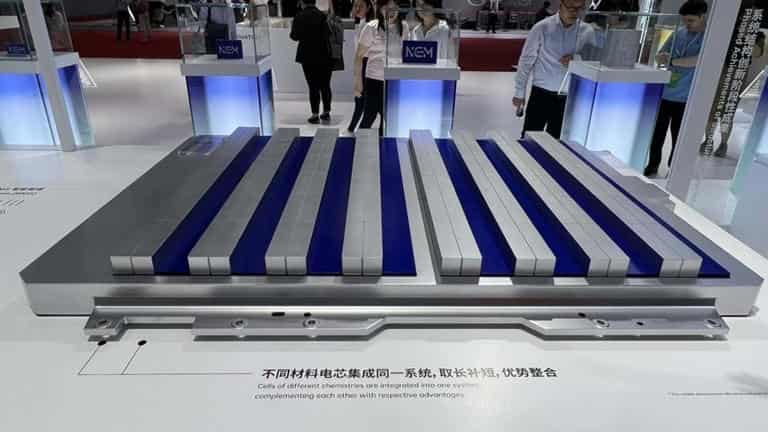Banning plastic bottles – Sabic introduces LNP Elcres SLX1271SR, a PC-based grade in the LNP SLX family offering scratch and UV resistance 16-03-2024
Banning plastic bottles
Dow ‘reinvents’ polyethylene
Researchers at Dow have developed a groundbreaking polymerization technique, revolutionizing the production of polyethylene. This innovative process enables the controlled synthesis of long-chain branched polymers, a feat previously unattainable under traditional methods.
Published in Science, their work unveils a polyethylene variant boasting an unprecedented long-chain architecture akin to LLDPE. Crucially, this achievement is made possible through a novel catalyst, characterized as dual-chain, which orchestrates the simultaneous assembly of two polymer chains on a single metal center. By incorporating a small amount of diene alongside ethylene, this catalyst facilitates the creation of ladder-like branching structures. Banning plastic bottles
The implications of this breakthrough are profound. Not only does it pave the way for industrial-scale production of controlled long-chain branched polyethylene, but it also offers comparable rheological properties to LDPE or its blends with linear polyethylene at low density.
Moreover, this advancement promises enhanced resource efficiency and potential reductions in the carbon footprint of polymer manufacturing on an industrial scale. The versatility of this new polyethylene variant holds promise for various applications, including packaging, infrastructure, consumer goods, transportation, and healthcare.
Dave Parrillo, Vice President of Research & Development at Dow, highlights the transformative impact of this innovation, emphasizing its role in creating lower-carbon, circular, and safer products across diverse sectors. Banning plastic bottles
Led by Robert Froese and supported by a team of scientists from Dow laboratories in Texas, Michigan, and Holland, this research marks a significant milestone in polymer science and industrial innovation.
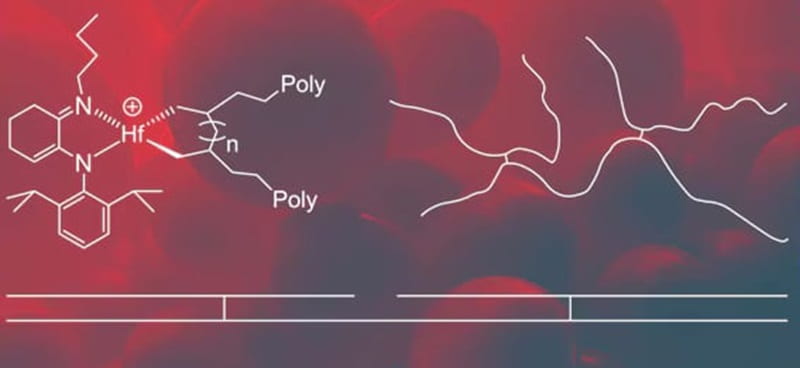
The Nova Institute projects robust growth at 17% annually for bio-based polymers from 2023 to 2028, propelled by heightened demand from Asia and the USA
However, Europe trails in this sector. PLA capacities surged nearly 50% in 2023, alongside steady growth in polyamide and epoxy resin production. Expansion of 100% bio-based PE capacities occurred, with PE and PP from bio-based naphtha gaining ground. PHA expansions are in the pipeline. Despite promising growth, bio-based polymers only represent 1% of fossil-based polymer production, but their compound annual growth rate (CAGR) of 17% far exceeds the overall polymer market’s 2-3% growth, a trend expected until 2028. Banning plastic bottles
Some global brands are diversifying their raw material sources to include renewable options like CO2 and biomass, driving demand for bio-based and biodegradable polymers. However, political support, particularly lacking in Europe, hampers progress, unlike in Asia and the USA where supportive legislation boosts demand.
In 2023, Asia leads globally with 55% of installed bio-based polymer capacities, followed by North America (19%) and South America (13%). Europe’s share dwindled to 13%, largely due to reliance on mass balance and free allocation methods. Asia is poised for significant growth, expecting a 35% CAGR from 2023 to 2028, driven by PA, PHA, and PLA expansions. Banning plastic bottles
For those in the coatings industry, understanding water-based acrylic dispersions is crucial. “Water-based Acrylic Dispersions” offers comprehensive insights into binders, systems, and testing methods, catering to beginners, specialists, students, and experts seeking deeper knowledge in this field.
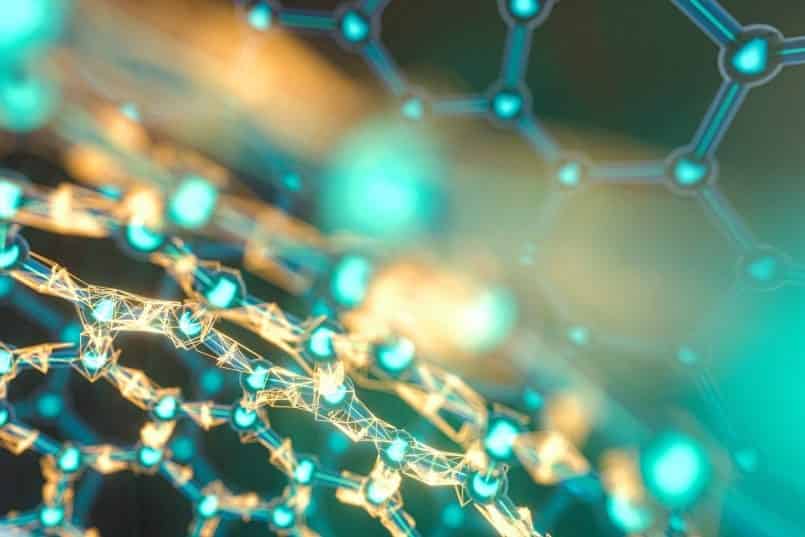
Sabic introduces LNP Elcres SLX1271SR, a PC-based grade in the LNP SLX family offering scratch and UV resistance
Tailored for automotive exterior components, this polycarbonate copolymer doesn’t require painting, cutting costs and environmental impacts associated with VOC release.
A finalist in the 2024 Edison Best New Product Awards, LNP Elcres SLX1271SR boasts resistance to atmospheric agents, UV stability, and solid mechanical performance. It promises long-lasting brilliance without the need for repainting. Banning plastic bottles
Manufactured with a glossy finish, this copolymer rivals traditional painted polycarbonate or PC/ABS alloys in aesthetics and durability. It passes washing tests with flying colors, retaining gloss and scratch resistance akin to painted polymers.
Sabic’s comparisons with PMMA-based materials highlight SLX1271SR’s superior mechanical performance, color depth, and heat resistance (120°C). It’s ideal for exterior car parts like spoilers, grilles, and mirror housings, as well as electronic and computer housings. Banning plastic bottles
Thanks to a self-protective layer that continuously absorbs UV light, SLX1271SR maintains its appearance for over a decade. Sabic’s innovation not only meets but exceeds industry standards, offering a game-changing solution for automotive and electronics applications.
Napcor’s Life Cycle Analysis (LCA) underscores the adverse environmental impact of banning plastic bottles in venues like airports and stadiums
Despite intentions to benefit the environment, research reveals that recyclable PET bottles offer superior eco-friendliness compared to common alternative packaging.
Since San Francisco Airport’s (SFO) ban on plastic water bottles in 2019, Napcor’s LCA shows that replacing 9,000 daily water bottles with aluminum cans has resulted in an estimated 1,100 metric tons of extra CO2 equivalent emissions. These emissions equate to driving 2.8 million miles in a gas-powered vehicle or consuming 2,500 barrels of oil, among other comparisons. Banning plastic bottles
Laura Stewart, Napcor’s Executive Director, highlights the misconception regarding plastic’s impact versus other materials. Research affirms PET’s sustainability in beverage packaging. Compared to aluminum and glass, PET bottles excel in environmental metrics like energy consumption, solid waste generation, and greenhouse gas emissions.
The LCA contrasts a 16.9 oz. PET water bottle with a 12 oz. aluminum can, showing PET’s significant advantages in energy use, waste production, and emissions reduction. Stewart emphasizes PET’s superiority and urges venues like SFO to focus on proper PET bottle recycling instead of blanket bans.
This report follows findings in New Jersey, where banning plastic bags tripled plastic usage, demonstrating the pitfalls of such measures.
Napcor promotes PET’s environmental benefits and advocates for recycling-focused policies to maximize its positive impact. Banning plastic bottles
Napcor and its members champion PET education and legislative initiatives to foster responsible consumer choices and recycling practices, recognizing that PET’s benefits are fully realized through conscientious actions throughout its lifecycle.
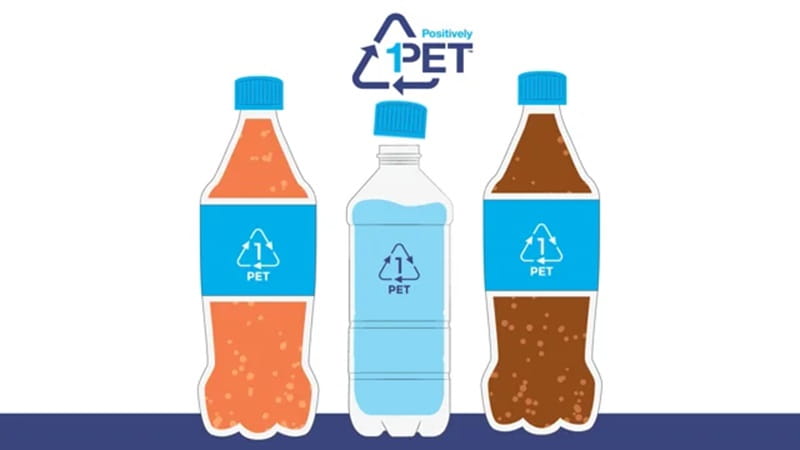
INEOS Olefins & Polymers Europe, PepsiCo, and Amcor have collaborated to introduce new snack packaging for Sunbites crisps, containing 50% recycled plastic
Launched in late 2023 in the UK and Ireland, the packaging utilizes an advanced recycling process to transform plastic waste into food-grade packaging material. This approach, complementary to mechanical recycling, meets stringent EU regulatory standards for food contact packaging, sensitive applications, and medical devices.
The partnership spans the supply chain, with GreenDot handling the procurement and supply of post-consumer plastic waste, converted into TACOIL by Plastic Energy’s technology. Banning plastic bottles
INEOS utilizes this pyrolysis oil as an alternative feedstock, producing recycled propylene and then high-quality recycled polypropylene resin in Lavera, France. IRPLAST utilizes the resin to create new packaging films containing 50% post-consumer recycled materials, meeting food contact requirements. Amcor transforms these films into printed packaging for PepsiCo.
PepsiCo’s launch of Sunbites packaging in the UK is part of their pep+ initiative, aiming to eliminate virgin fossil-based plastic in European crisp and chip bags by 2030. The recycled polymer content is certified under ISCC PLUS, ensuring accurate claims and adherence to mass balance principles. Banning plastic bottles
INEOS asserts that this achievement showcases the role of advanced recycling technologies in meeting EU targets for recycled content in contact-sensitive plastic packaging. Recent developments include Solvay and Hegen’s partnership for the first baby bottle made with recycled content and air up’s reusable bottles made from Tritan Renew, with 50% ISCC-certified recycled content, reducing plastic use significantly.
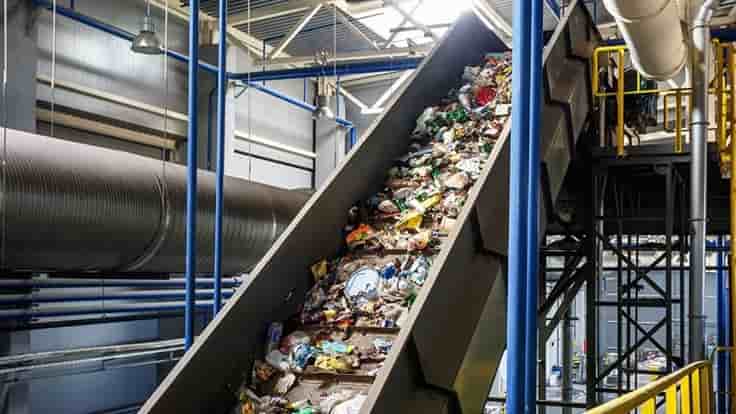
The Chinese alliance for an “intelligent” battery plant
Three Chinese industry giants, BAIC, CATL, and Xiaomi, have forged an alliance to establish an “intelligent” battery plant, catering specifically to electric vehicles. Their newly formed joint venture, Beijing Era New Energy Technology, will oversee the creation of this cutting-edge lithium-ion battery facility in Beijing. Banning plastic bottles
Although specifics regarding the factory’s features are undisclosed, the companies reveal its location and a total initial investment of 1 billion yuan (approximately 127.25 million euros). BAIC will hold a 39% stake, while CATL and Xiaomi will contribute 51% and 5% respectively. Information regarding the remaining 5% ownership remains undisclosed.
Beyond electric vehicle batteries, the joint venture will delve into the development, production, and sale of storage batteries, along with providing after-sales services and technical consultation.
BAIC highlights its ongoing collaboration with Huawei on electric vehicles through the Arcfox brand. Banning plastic bottles
Their upcoming project aims to introduce a high-end, “intelligent” fully electric sedan by 2024, with an ambitious production target of 120,000 units annually.
